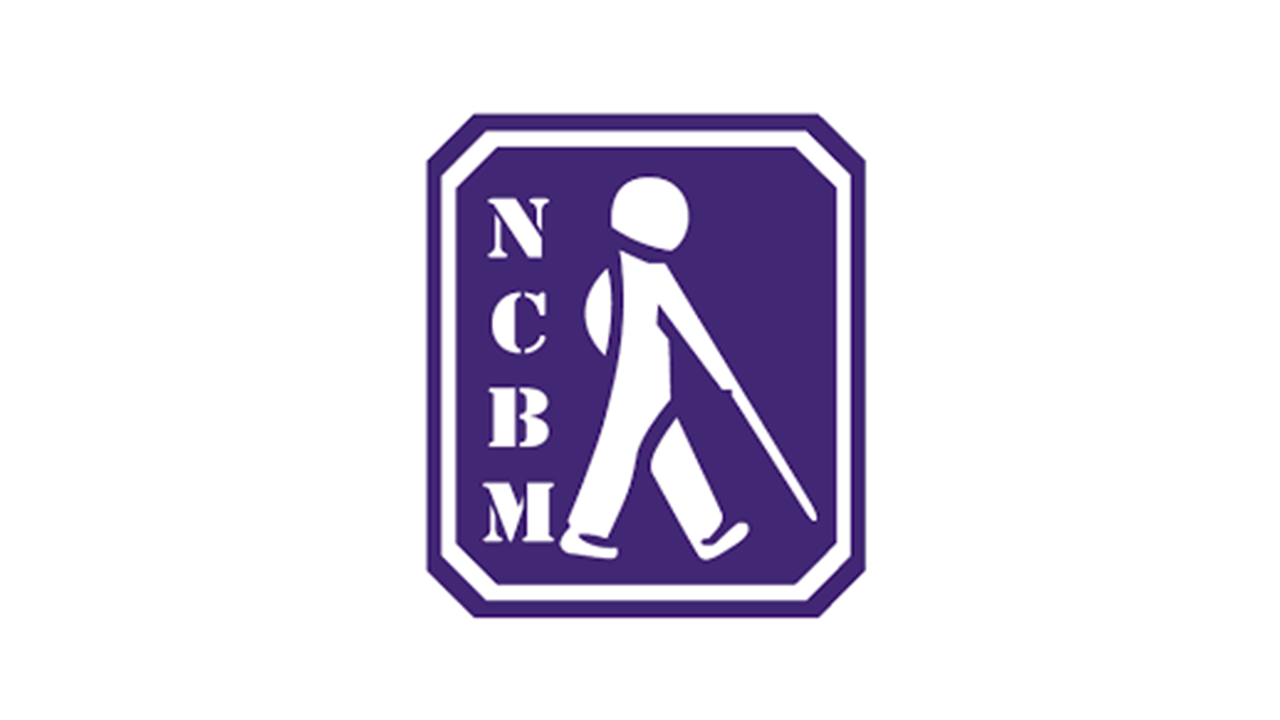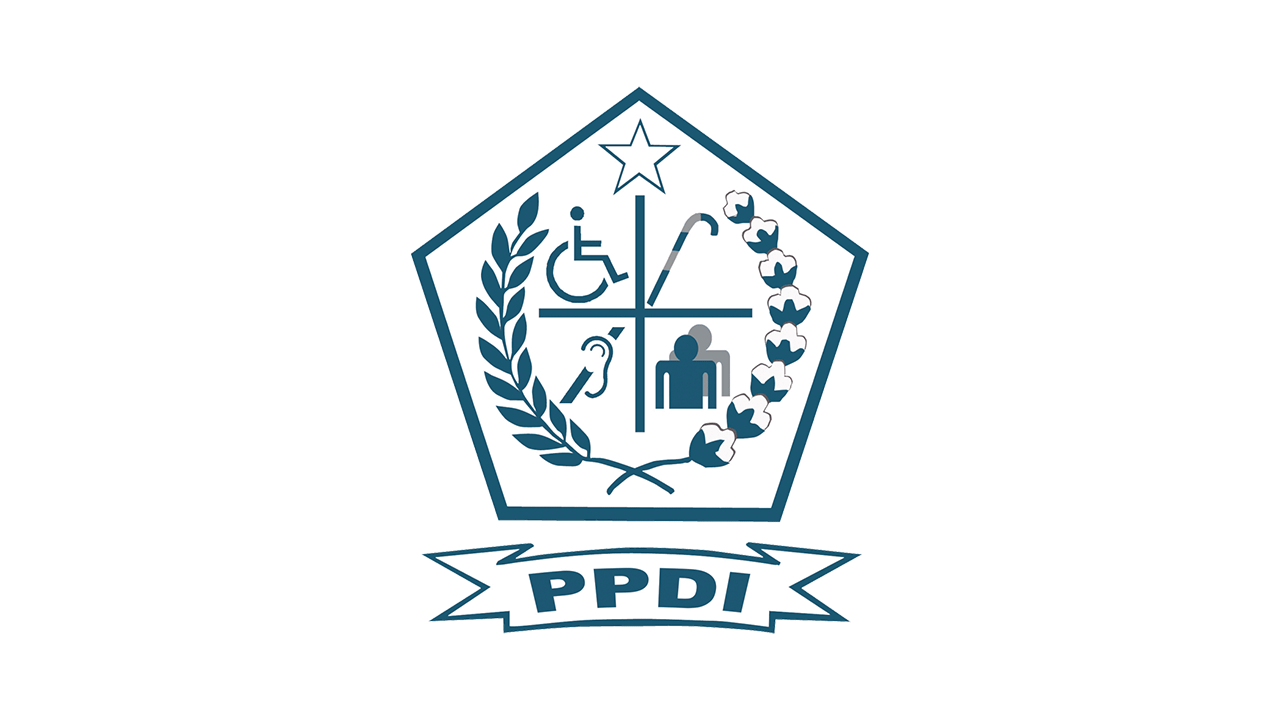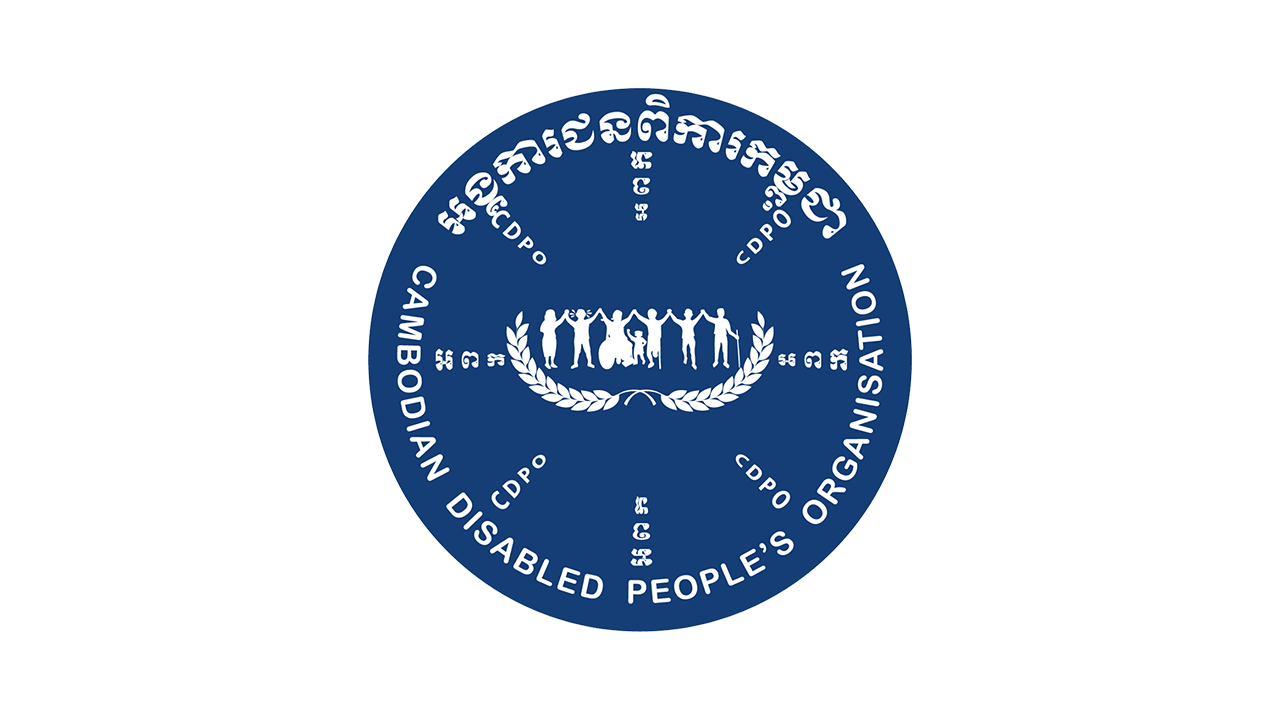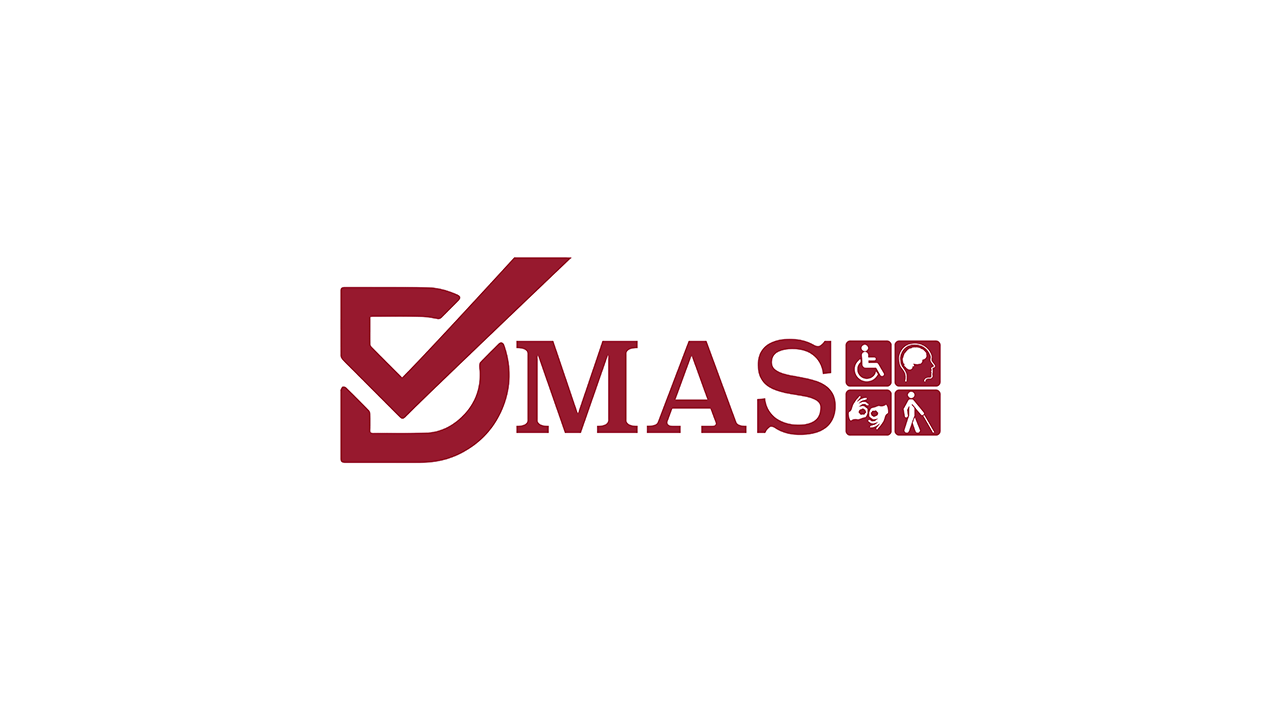November 10-11 in Nusa Dua, Bali, AGENDA held the Second Regional Dialogue on Access to Elections for Persons with Disabilities, bearing the theme “Strengthening Democracy, Removing Barriers: Toward Full Participation of Persons With Disabilities in Elections.”
The two-day conference brought together hundreds of participants, including representatives from disabled persons organizations; election management and monitoring bodies, members of parliament, human rights commissions, academic institutions, nongovernmental organizations, governments and Association of South East Asian Nations (ASEAN) bodies to discuss and share policies and best practices for securing the right of persons with disabilities in elections throughout Southeast Asia.
The dialogue was opened by H.E. Ambassador Hasan Kleib, general director for multilateral affairs in the Indonesian Ministry of Foreign Affairs. In his opening remarks, Kleib reiterated Indonesia’s commitment to support “all efforts aimed to respect, promote and protect the rights of the persons with disabilities.” He also called on other governments in the region to “contribute constructively” to achieve equality for persons with disabilities.
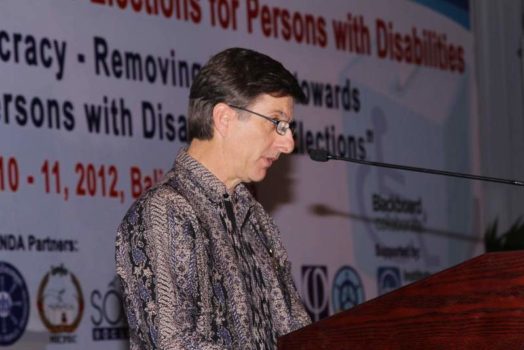
Andrew Sisson, United States Agency for International Development (USAID) Mission Director to Indonesia, also addressed the conference participants. In his remark, he offered his appreciation to the participants. He said, “The United States government greatly appreciates your dedication and your courage to improving electoral access for persons with disabilities. We commend you for your achievements so far, and we are very pleased and honored to support you going forward.”
The conference featured speakers from around the world, including representatives from Indonesia, the Philippines, Cambodia, Vietnam, Laos, Malaysia, Ireland, the United States, Japan, Australia and Mongolia.
Speakers presented on a variety of topics, including lessons learned from efforts to improve elections access for persons with disabilities and how disabled people’s organizations (DPOs) can better engage with electoral management bodies. Some speakers who have disabilities also shared details of their experiences participating in elections in their home countries. Participants also discussed how the ASEAN Decade for Persons with Disabilities and the forthcoming ASEAN Human Rights Declaration protect the political rights of persons with disabilities.
The conference concluded with a discussion on the Bali Commitments, a document adopted by participants, which pledged their support to equal access to voting and political rights for all.
AGENDA held its First Regional Dialogue on Access to Election for Persons with Disabilities in February 2012. This conference was attended by over 120 representatives from disabled persons organizations, civil society organizations, election management bodies, government and academia from around the globe.
Persatuan Penyandang Cacat Indonesia (PPCI), also known as the Indonesian Disabled Persons Association, was the executing organization for the Second Regional Dialogue, working together with other AGENDA partners,including the International Foundation for Electoral Systems (IFES), People’s Voter Education Network (JPPR) and Center for Election Access of Citizens with Disabilities (PPUA Penca).





